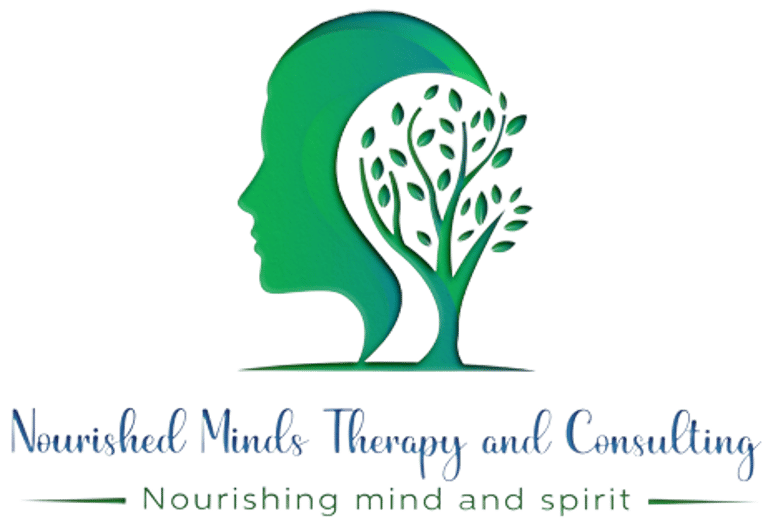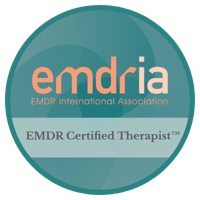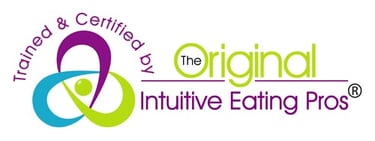

Embracing You: A Guide to Building Inner Confidence
It often can seem like the path to high self-confidence is by getting recognition, praise, or approval from others, so learning to practice self-validation can be a radical and transformative journey. Self-validation is the ability to recognize and affirm your own feelings, thoughts, and experiences, independent of external approval. It builds your self-esteem and resilience, allowing you to navigate life with a greater sense of trust in who you are and the decisions you make. Here’s a guide to practicing self-validation with specific steps to help you get started.
Step 1: Acknowledge Your Feelings
The first step in self-validation is to acknowledge your emotions without judgment. Feelings are a natural response to your experiences, and they deserve recognition.
Pause and Reflect: Take a moment to pause and reflect on what you're feeling. Label your emotions—are you angry, sad, excited, or anxious?
Journal Your Emotions: Write down your feelings in a journal. This practice helps in externalizing and understanding your emotions better.
Step 2: Accept Your Emotions
Acceptance is about allowing yourself to feel your emotions without trying to change or suppress them. It’s recognizing that your feelings are valid simply because they exist.
Practice Mindfulness: Engage in mindfulness exercises such as deep breathing, sensory grounding, or meditation. This helps in staying present with your emotions without getting overwhelmed.
Reframe or Simply Notice Negative Thoughts: Instead of saying, "I shouldn’t feel this way," try, "It's okay to feel this way. My emotions are valid." It's important to note that validating your feelings is not the same as saying you "want" to feel that way, nor is it excusing painful or traumatic experiences. It's accepting the reality that you're feeling the way you feel--because you are.
Step 3: Validate Your Experiences
Validation involves affirming that your experiences and reactions are understandable and legitimate.
Empathize with Yourself: Imagine what you would say to a friend in a similar situation. Offer yourself the same empathy and understanding.
Seek Understanding, Not Justification: Understand why you feel a certain way without trying to justify it to others. Your experiences and reactions are legitimate on their own.
Step 4: Garner Self-Compassion
Being kind to yourself is crucial in self-validation. Self-compassion involves treating yourself with the same kindness and care you would offer to a loved one.
Practice Positive Affirmations: Create a list of affirmations that resonate with you, such as "I am worthy," "My feelings are important," and "I am enough."
Engage in Self-Care: Prioritize activities that nurture your well-being, whether it’s taking a relaxing bath, reading a book, or spending time with supportive people.
Step 5: Set Boundaries
Setting boundaries is essential in maintaining self-validation. It involves protecting your emotional space and ensuring your needs are met.
Identify Your Limits: Reflect on what you can and cannot tolerate in various aspects of your life—relationships, work, and personal time.
Communicate Clearly: Learn to communicate your boundaries assertively and respectfully. Use "I" statements to express your needs, such as "I need time to process my feelings."
Step 6: Celebrate Your Progress
Acknowledge and celebrate your growth in practicing self-validation. Recognizing your efforts reinforces positive behavior and builds confidence.
Reflect on Your Journey: Take time to reflect on how far you’ve come in your self-validation journey. Acknowledge the challenges you’ve overcome and the progress you’ve made.
Reward Yourself: Treat yourself to something special as a reward for your efforts. It could be a favorite meal, a day off, or any activity that brings you joy.
Conclusion
Practicing self-validation is a lifelong journey of self-discovery and growth. By acknowledging and accepting your emotions, validating your experiences, exhibiting self-compassion, setting boundaries, and celebrating your progress, you build a solid foundation of inner confidence and resilience. It might sound cheesy, but it's so true that the most important validation comes from within. Embrace your worth and let self-validation guide you toward a more empowered and fulfilling life.






